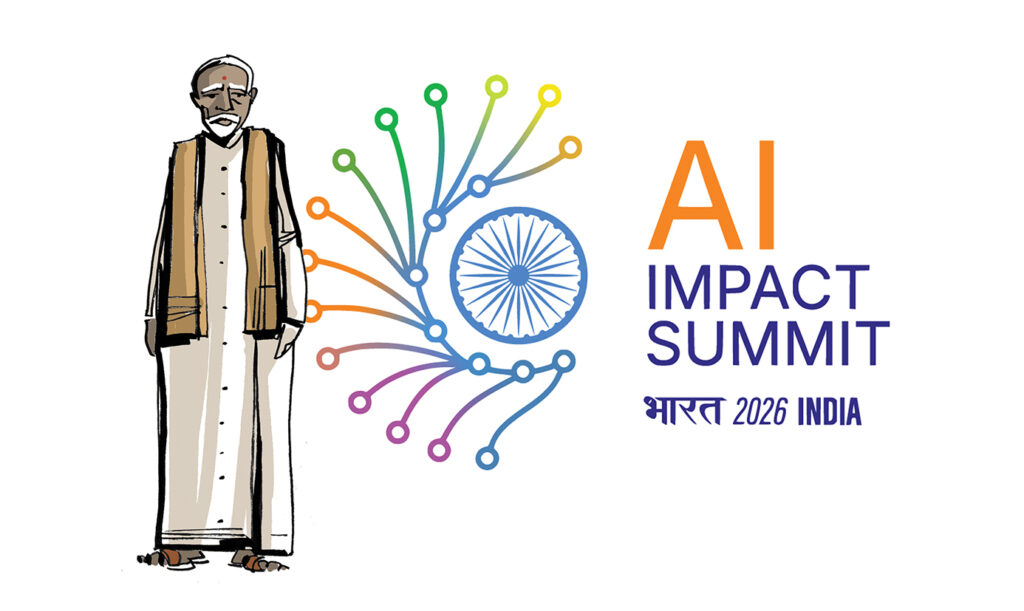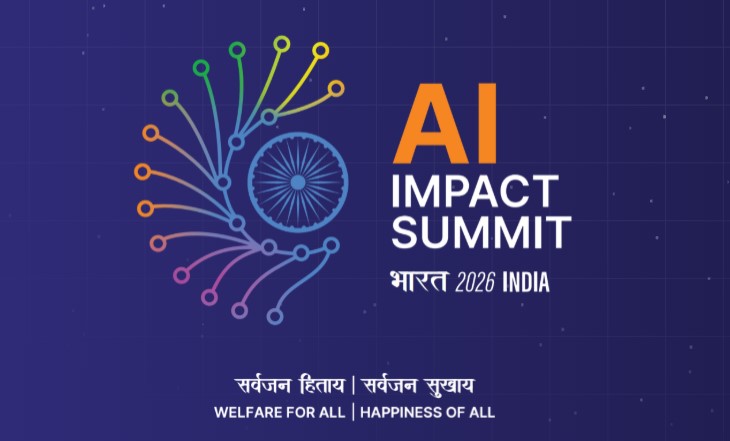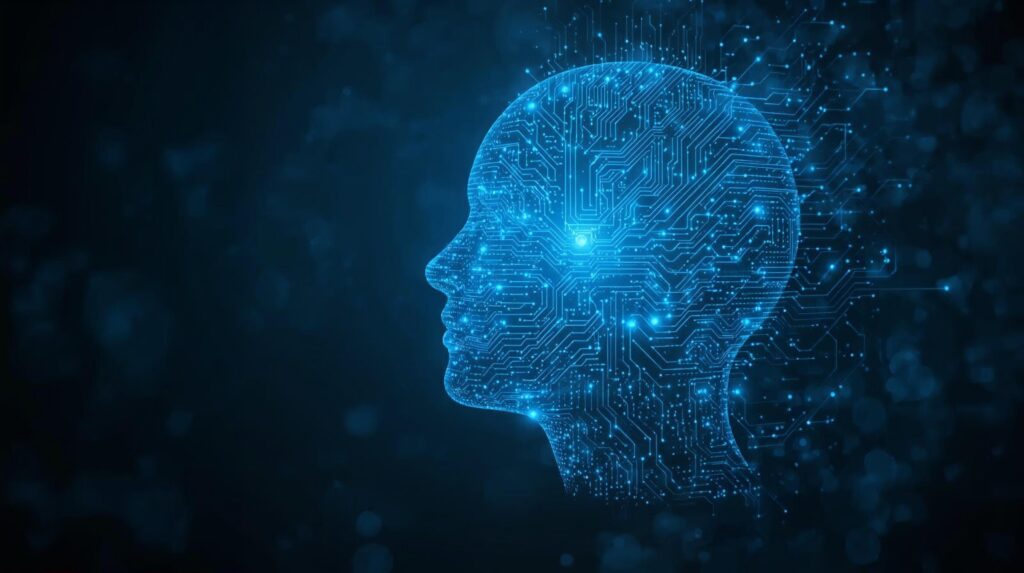Digital Watch Observatory - Digital Governance in 50+ issues, 500+ actors, 5+ processes

Plus, governments take action against harmful digital practices worldwide, Gabon suspends social media, and Trusted Tech Alliance launches.

A new initiative launched in New Delhi seeks to reshape how AI is developed and assessed, with a strong focus on inclusion, local languages, and the needs of emerging economies.

Global decision-makers are preparing to convene in a city known for diplomacy to chart a shared path forward on the promises and challenges of rapidly advancing AI technologies.

A reported US State Department initiative, the 'freedom.gov' portal, aims to help users bypass EU content restrictions, further intensifying tensions.
Must read
Analysis
The European marathon towards digital sovereignty
The EU is positioning itself as a solid geopolitical player and is now stepping up in terms of digital sovereignty.
Analysis
Moltbook: Inside the experimental AI agent society
The AI agent social network Moltbook is fuelling the hype around autonomous ecosystems while raising security and digital reality concerns.
Analysis
AI in practice across the UN system: UN 2.0 AI Expo
The UN 2.0 Data & Digital AI Expo showcased how UN entities are integrating AI into their work to improve data quality, strengthen governance and enhance decision-making across diverse operational areas.
DW at a glance
FOLLOW
WSIS+20 Process
The year 2025 marks 20 years since the finalisation of the World Summit on the Information Society (WSIS), and a review process looking at 20 years of WSIS outcomes implementation will conclude with a high-level meeting at the UN General Assembly (UNGA), in December. This page keeps track of the process leading to the UNGA meeting in December 2025. It also provides background information about WSIS and related activities and processes since 1998.
Explore the Observatory
Digital Technologies
From internet applications to quantum computing, we focus on advanced and emerging digital technologies which are increasingly reshaping our economies and societies.
Clusters of Policy topics
We unpack digital policy by exploring over 50 topics – from access and sustainable development to network security and the future of work – classified in 7 clusters.
Processes
Follow some of the most important digital policy processes, from the EU's work on the Digital Services Act/Digital Markets Act to the UN Cybercrime Ad Hoc Committee.











